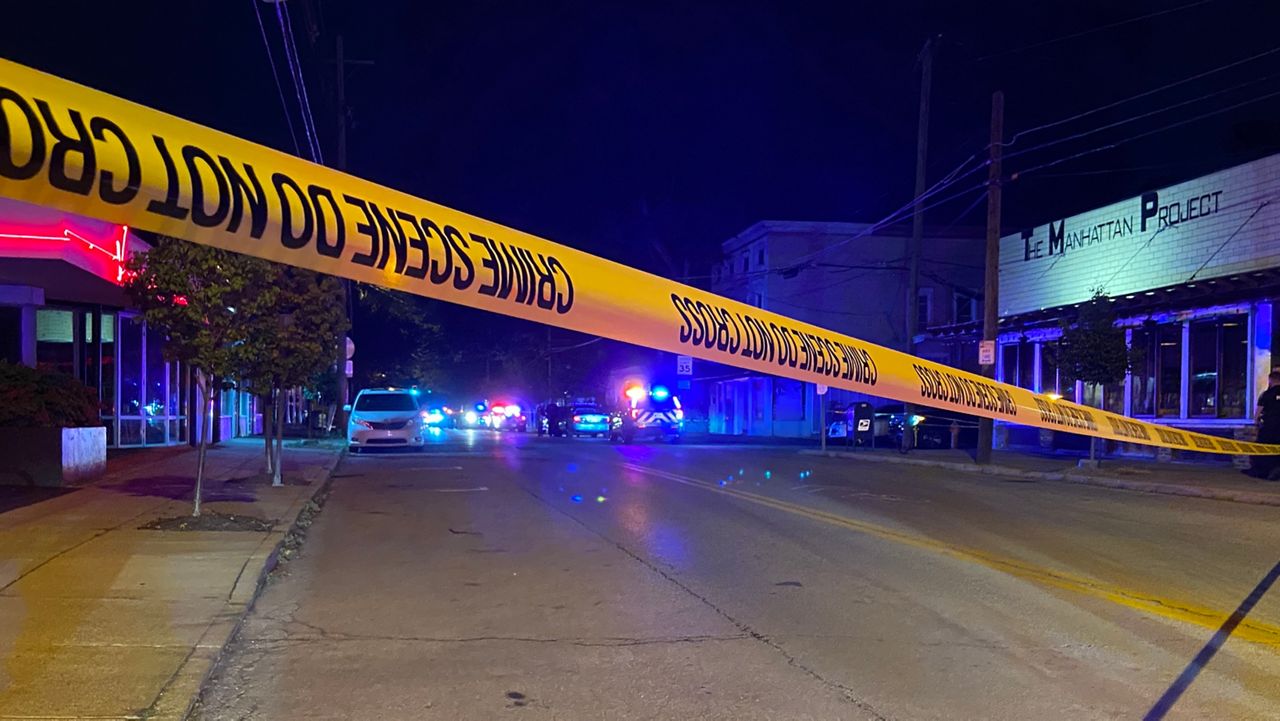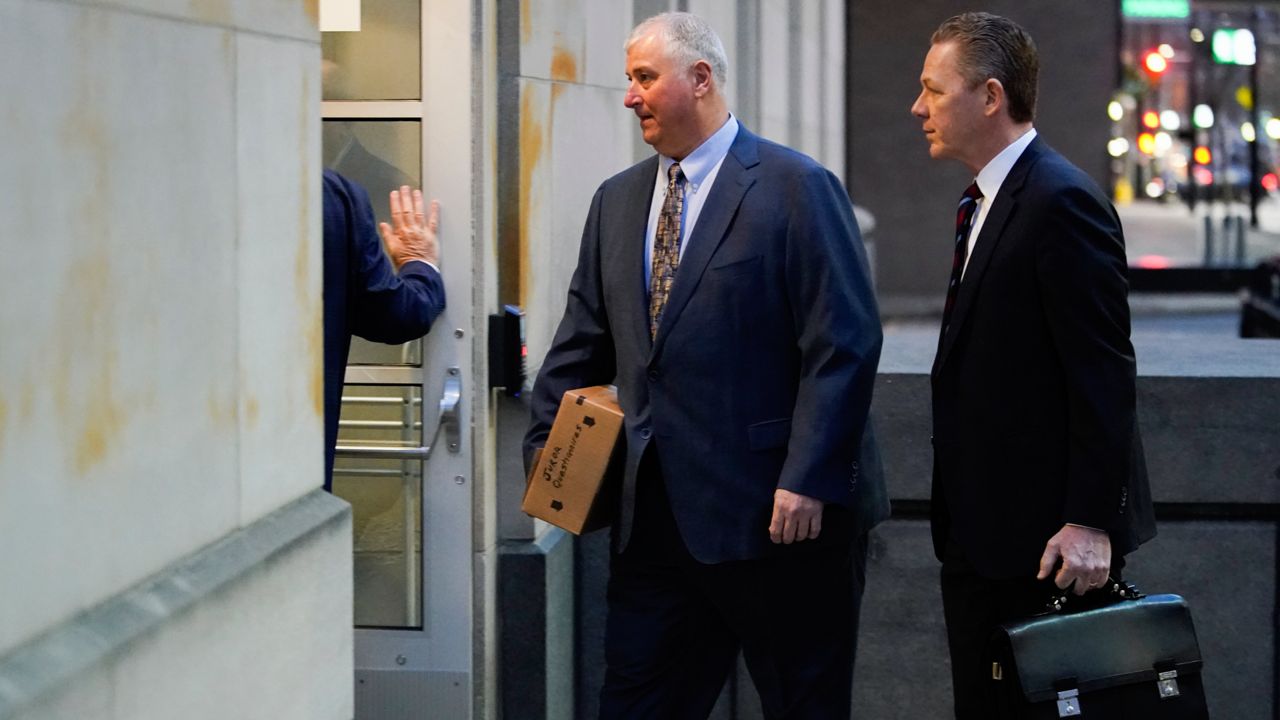COLUMBUS, Ohio — Tasha Booker-Fowler remembers the day well when she got an email that changed her life.
“All I could remember seeing was congratulations. And I saw a zero balance. And I, I started crying,” said Booker-Fowler. “I actually broke into the ugly cry. My husband is like, What is going on? And it was just a feeling of financial freedom."
Booker-Fowler learned she was one of the more than a million Americans who have had their students’ loans forgiven by the Biden administration through the Public Service Loan Forgiveness program.
“It was a total game changer for us. It made me think about my future and what I’m able to save even more for,” said Booker-Fowler.
She had been paying hundreds of dollars a month for ten years to pay back her student loans for three different degrees. But now she says she can use her money toward other things.
“As a family, we continue to put up for our son to go to college, but it allowed me to save more for his college access. It also allows me to put up more for retirement, which we know comes quickly. And you can’t necessarily finance your retirement,” said Booker-Fowler.
But not everyone’s on board with the program. Critics say taxpayers shouldn’t be forced to foot other people’s higher education bills. Which is why many believe president-elect Donald Trump will end the program when he takes office.
“So I think we need to take a look at how much money we’re investing in higher education and is it meeting its fundamental goal, which is to add skills and value to people so they can achieve more prosperity. And since student loans is such a problem with hundreds of billions of dollars out there, it really makes us question about whether or not it’s worth going to college,” said Rea Hederman Jr., the Executive Director Jr. of the Economic Research Center for The Buckeye Institute.
That possibility, though, has some current borrowers on edge. The group “College Now Greater Cleveland” works with people who have been paying student loans and said if loan forgiveness programs are stopped, first-generation college students and those with low income will feel the impact the most.
“Just in this kind of past week, we are talking to clients who are experiencing kind of higher rates of anxiety and uncertainty. And, you know, they’re coming to us with questions that we just don’t know the answers yet. So we’re trying to prepare them for any possible outcome,” said the Senior Director of advising programs and services for College Now Greater Cleveland, Bailey Capelle.
As for Booker-Fowler, she has advice for borrowers who are unsure whether their chances of having their loans forgiven may go away.
“Stay patient, right? I think that this is a benefit that is for all people. It’s not a partisan. It should not be a partisan policy. Stay patient in your process,” said Booker-Fowler.












